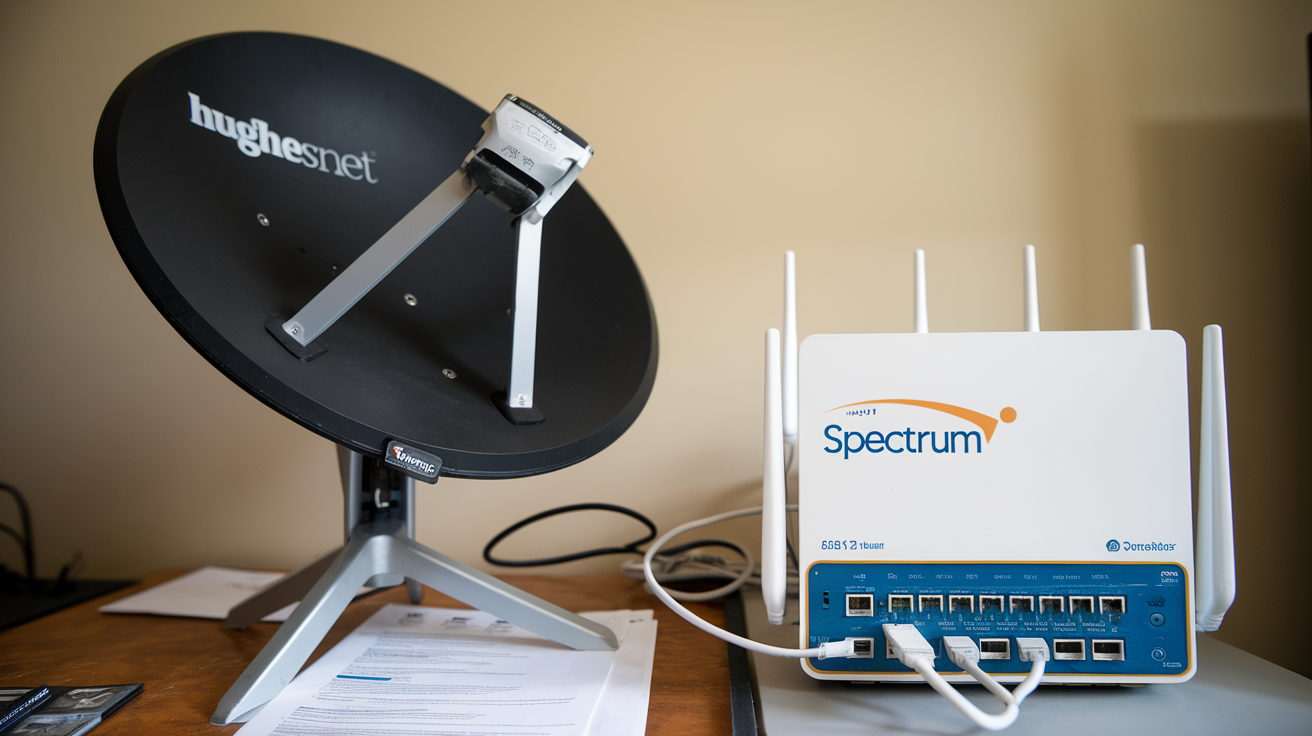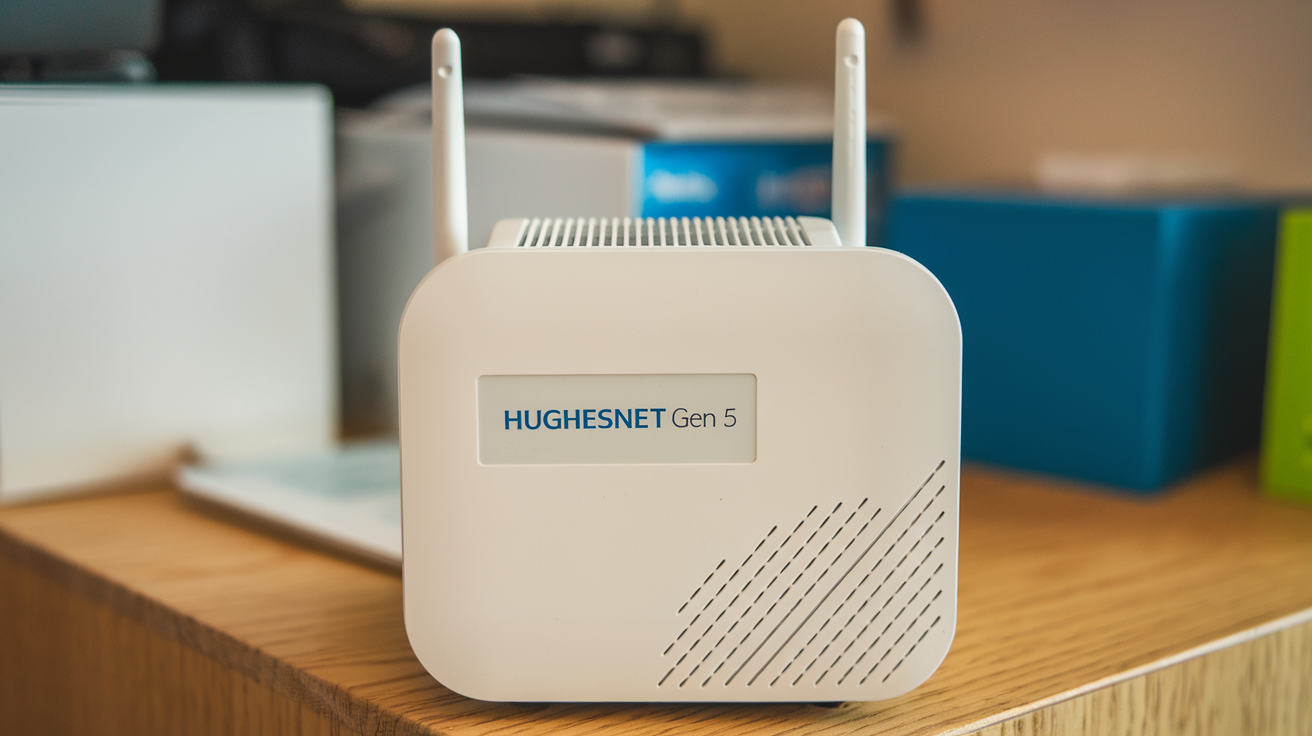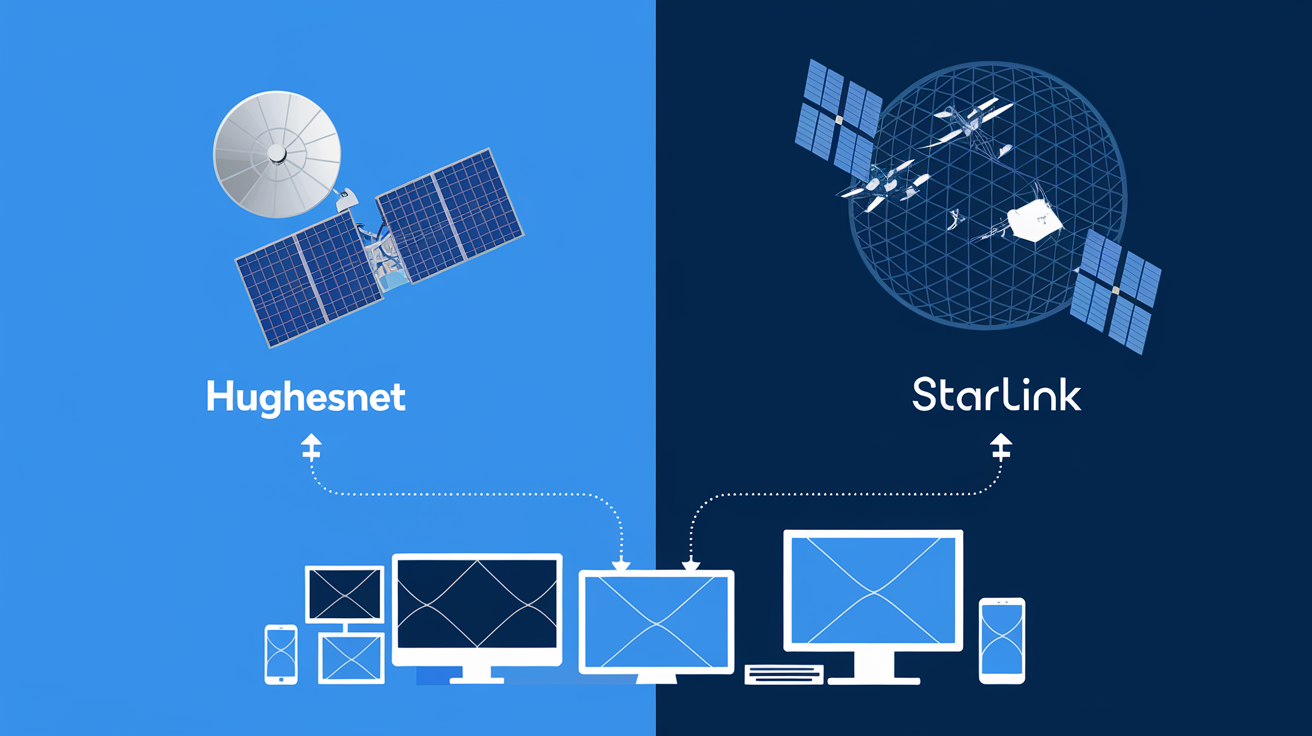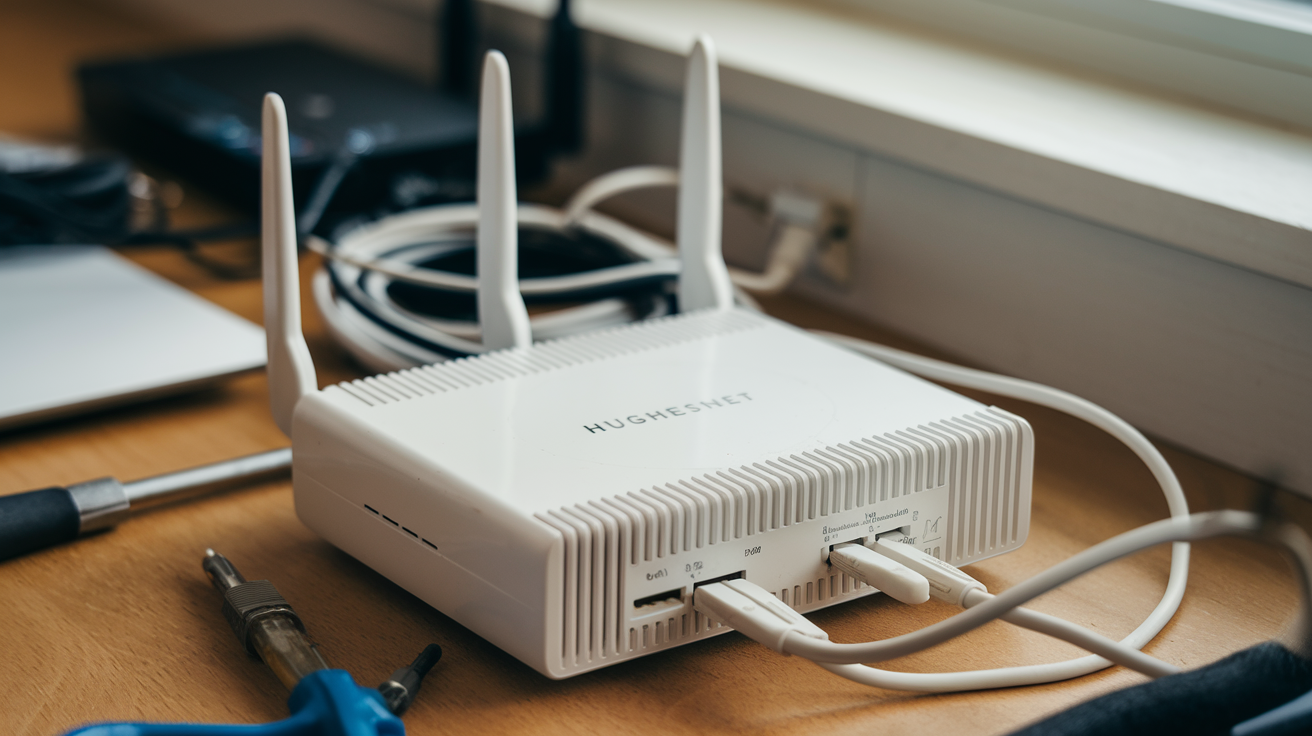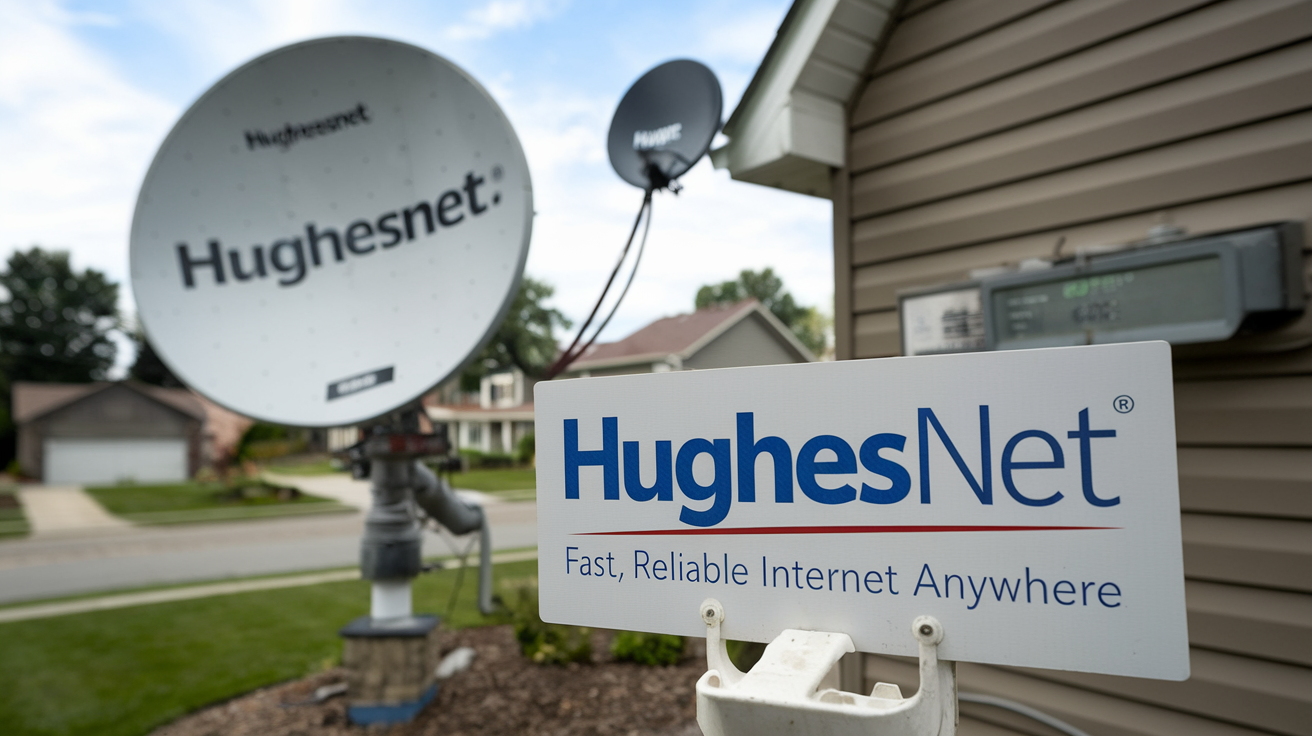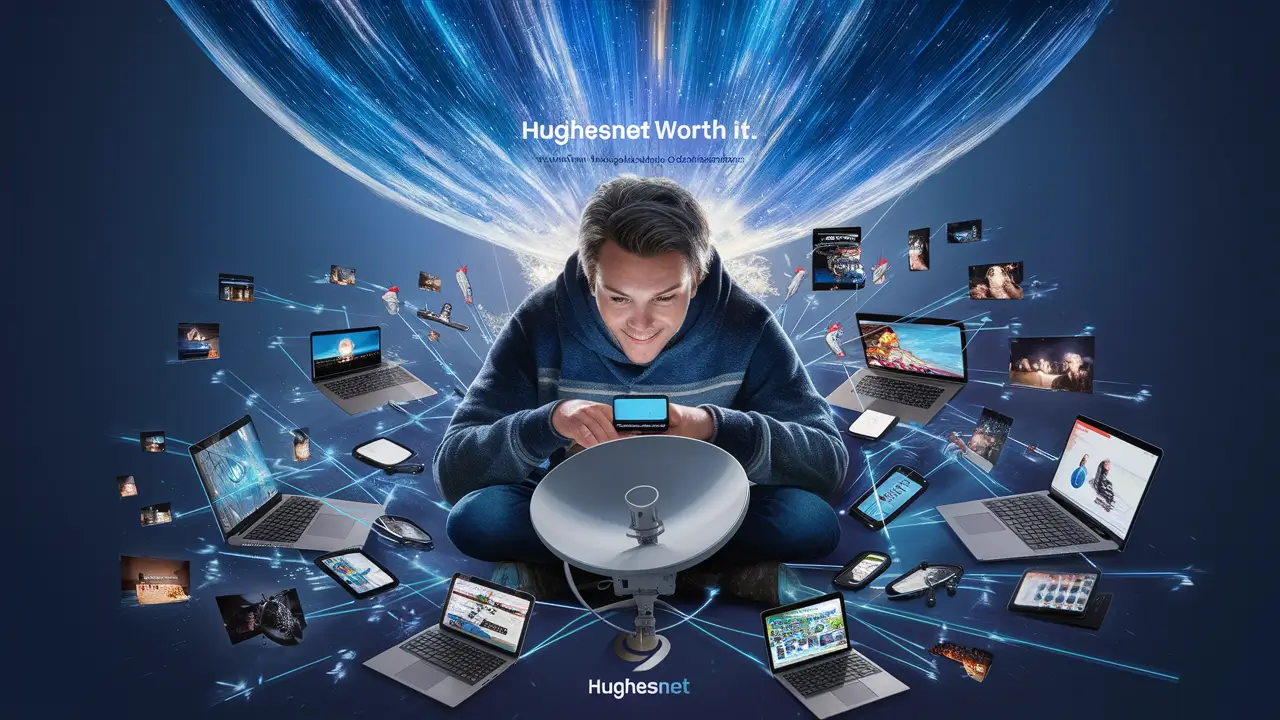
HughesNet is the most prominent satellite internet service provider in the United States that provides internet services through the help of geosynchronous satellites to millions of Americans. However, is HughesNet worth the price you are willing to pay for, compared to other internet providers? Below, there are several factors that one will need to look at when trying to identify if HughesNet is the right choice for home or business Internet.
Speed
Currently, HughesNet provides the Gen5 service that delivers download speeds of 25Mbps. This then is much faster than the old dial-up connections but is still relatively slow compared to cable or fiber optic connections that can easily offer 100Mbps and above. 25Mbps may work well for simple tasks like browsing the internet and checking email, but it may be slow when streaming high-definition videos or when multiple devices are connected.
However, the speed capabilities of HughesNet have to do with physics and satellite technology and not with artificial caps that other providers apply. This is because the satellites are located over 22 thousand miles away in space, which results in higher latency and transmission delay as compared to the ground-based networks. But physically, it cannot match the cables on speed so HughesNet relay is as speedy as possible with present satellite technology.
Data Caps
However, as much as HughesNet offers affordable plans they all have limited data usage which can make higher internet usage costly. The basic plan is even worse, it offers a mere 10GB of monthly data allowance. Premium plans are cheaper and come with up to 50GB or 100GB allowance but as soon as the data used hits the ceiling, internet speeds are reduced to 1-3Mbps until the next month. That makes it extremely easy to end up with overage charges if you watch lots of videos or download big files.
These speed and data limits in general are still fairly moderate but they place very large restrictions on using the internet when compared to strictly cable/fiber plans that may contain much looser data caps, if any at all. As for HughesNet, they do remove data limits between 2 AM and 8 AM, but most families are not awake at this time to take advantage of this unconstrained speed.
Reliability
Another downside of HughesNet that we hear from our clients is the reliability of the satellite internet connection. Although present Gen5 satellites are more effective for communication than older satellite internet generations, often weather conditions can affect signals. This is especially true if the area experiences a heavy downpour or if there is a blizzard or any severe weather that might affect service for a while. They may also be dropped for short periods—seconds at a time, even when the day is not particularly cloudy.
Satellite transmission clogging from too many subscribers forces the reduction of speeds during the evening when most individuals are online. Thus, while satellite technology performs optimally with a plain clear horizon above, the reliability is much lower from the ground terrestrial internet.
Cost
HughesNet tariffs are far from being affordable, especially considering the rather moderate speed and the amount of data that is included in the plan. Their main Gen5 offers are labeled at $59. 99-$149. 99 per month with 2-year agreements and at least several hundred dollars in early cancellation fees. Extra data token packs cost $7. 50 of 1Gb so it is quite possible to accumulate charges if one exhausts the basic data bundle.
However, today most cable providers have 100-200Mpbs rates for $40-$80 per month owing to fiber optic and no data congestion. Thus, while HughesNet used to be the only chance for rural users to get connected, enhanced cable and 5G networks decreased their P/P in terms of the price-performance ratio, over time.
Benefits
Yet for all the downsides above, HughesNet still maintains some key benefits: Yet for all the downsides above, HughesNet still maintains some key benefits:
- Availability to the rural/remote areas with no cable/fiber connections.
- Unlike some other forms of Internet marketing, there is no need to have a telephone line.
- Quick setup process
- A fair degree of accessibility throughout the continental area of the United States.
- An un-metered data plan that will be active from 2 AM to 8 AM.
So although HughesNet is capped and slower than an optimal connection suitable for today’s Internet use, it is still a valuable service. They are by far the largest satellite ISP in the US and beyond with more than 1. 5 million subscribers and provide a connectivity that is still in progress, but not yet complete, terrestrially based internet networks are gradually offering.
Verdict
When it comes to speed and data, HughesNet is not going to impress those users who want the best for their money. However, it has a crucial role in offering internet access in rural America that is more than zero even though it falls short of delivering the same as urban internet services.
For those who do not have other faster options in Canada and use the internet only occasionally for browsing or simple emailing, light streaming, and online classes/working, HughesNet can still be valuable for gaining access to all these basic internet facilities. Others on the other hand may be left frustrated by issues such as buffering, lag, dropped connections, and overage charges especially for those who download heavier data.
As for the future, there are new opportunities that may become equal to Starlink as it offers low-orbit satellite internet with up to 200Mbps and significantly less latency than traditional satellite connections. Thus, although HughesNet is still among the few Internet service providers that are currently offering satellite Internet service today to those who live in rural areas, other faster and possibly cheaper satellite Internet service providers are already in the pipeline with their solutions destined to hit the market soon—thus, exerting pressure on all satellite Internet service providers to step up the Internet speed and amount of data that they can provide in the future years to come.
